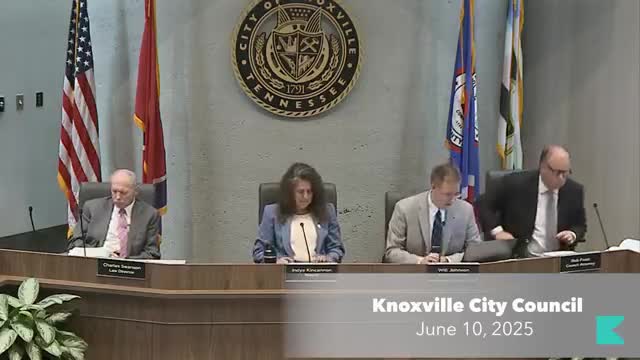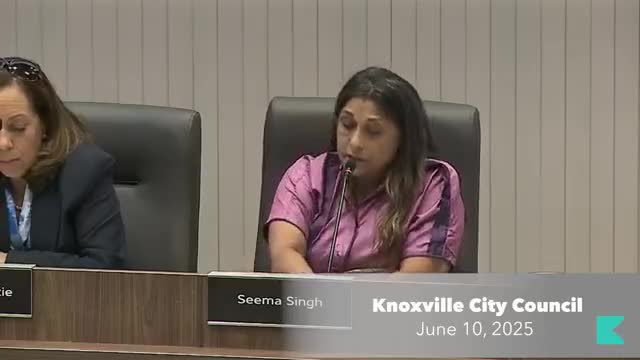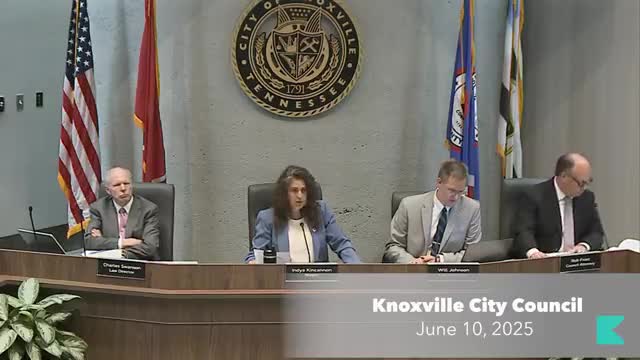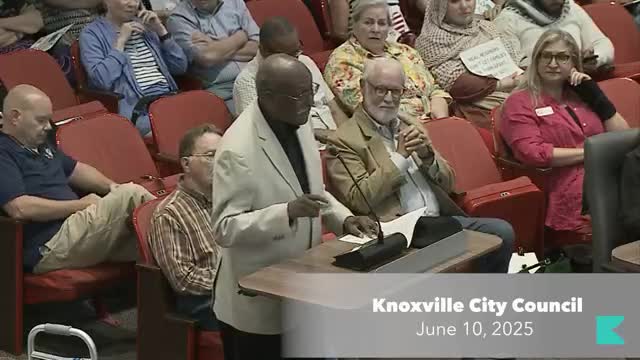Article not found
This article is no longer available. But don't worry—we've gathered other articles that discuss the same topic.

Council approves planning commission appointments, capital program and multiple routine resolutions

Residents, immigrant advocates urge council to protect families from federal immigration actions

Council upholds BZA denial for variance at 137 West Anderson Avenue; appeal by Everett Hirsch denied

